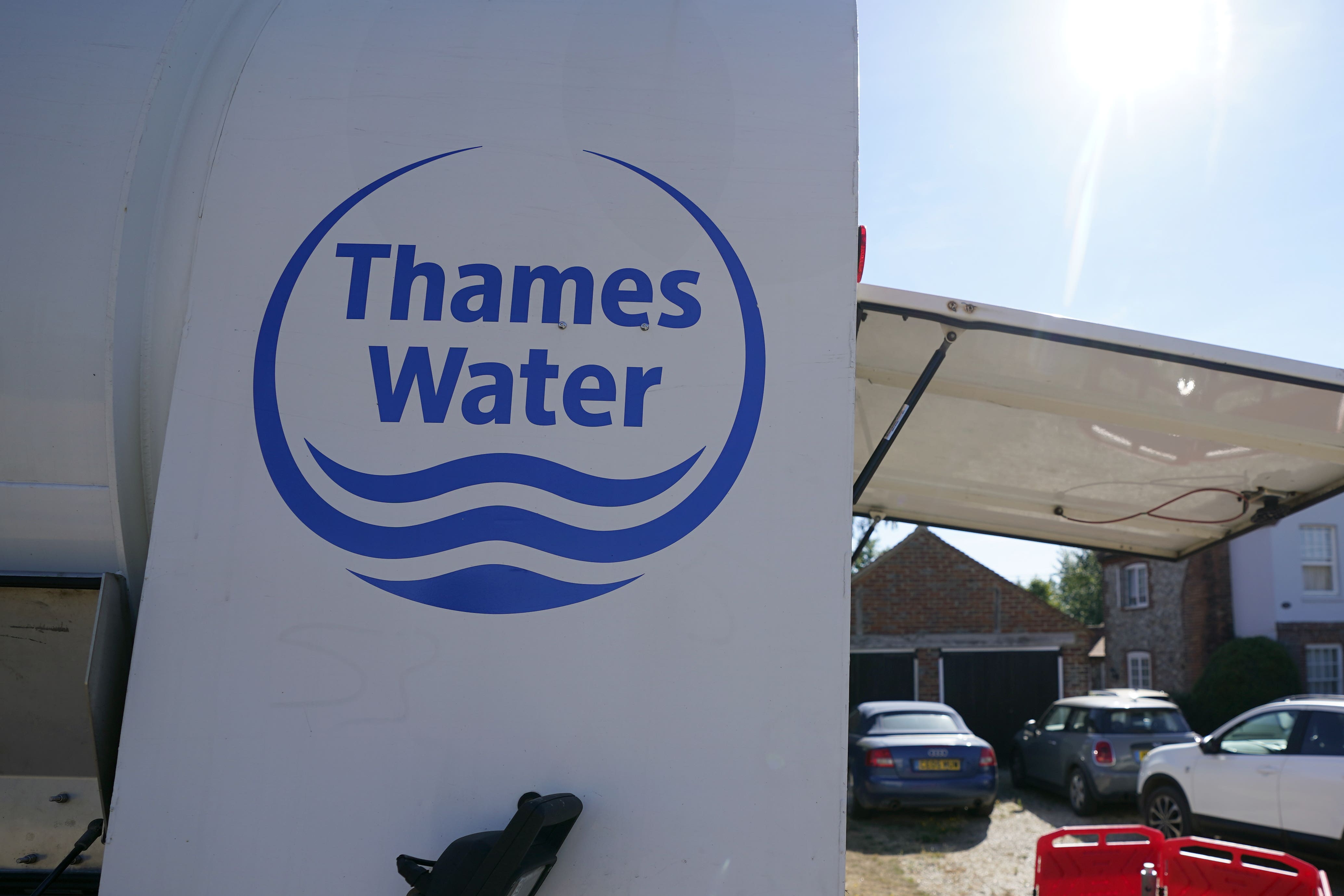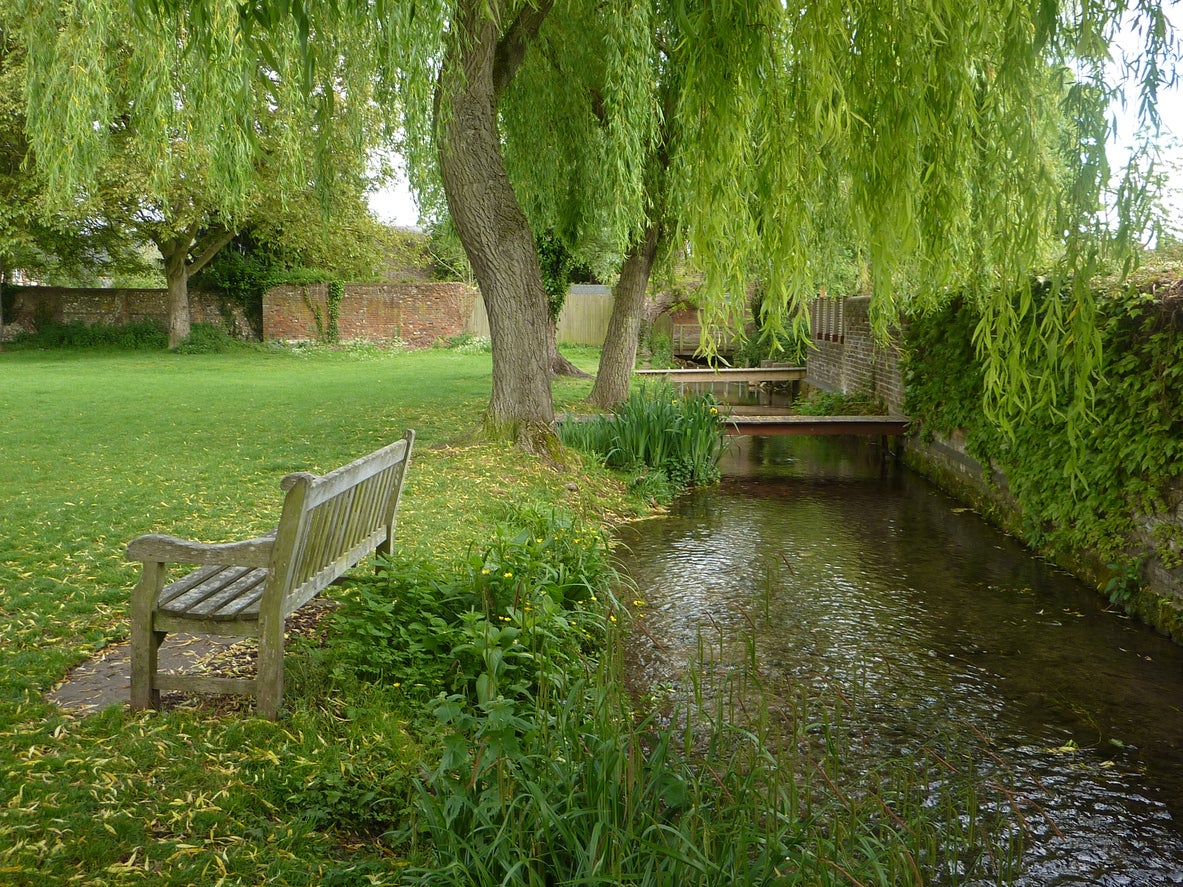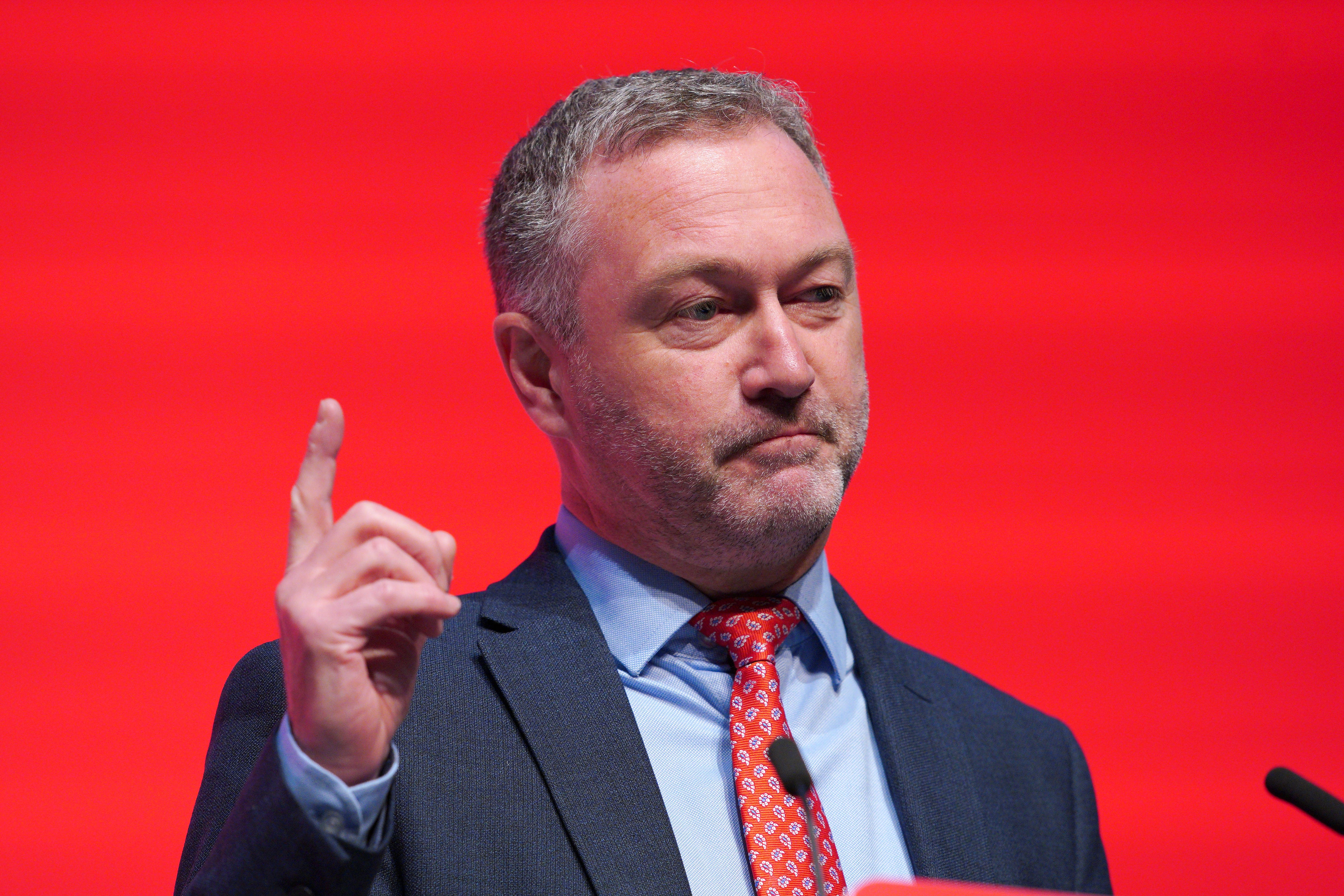Outrage as ‘tidal wave’ of sewage floods historic market town’s unique chalk river continuously for months
Exclusive: Water firm pumps sewage into river Misbourne, Amersham on 21 ‘dry days’ during nearly five month period

Sewage has been pumped into one of the country’s most unique rivers for nearly five months, including 21 days when it was not raining, The Independent can reveal.
Thames Water, which serves Greater London and the Thames Valley, has discharged waste from its site in Amersham into the Misbourne river continuously between 25 January and 5 June.
Water companies say they only activate ‘storm overflows’ during extreme weather and heavy rain.
But human waste was also pumped into the river, one of the small number of the country’s unique chalk stream ecosystems, on 21 ‘dry days’ during the nearly five-month period, according to analysis of Met Office data by The Independent.
The Environment Agency (EA) defines a dry day as one when there has been no rainfall above 0.25mm on that day and the preceding 24 hours. ‘Dry spilling’ is illegal because it can lead to higher concentrations of sewage in waterways.
Campaigners said it was “scandalous” that there had been no interventions or sanctions by authorities despite nearly five months of sewage spills into the river.
Thames Water, the first water company to publish a near real-time map of its discharges, blamed the “eighth wettest winter on record” for the sewage spills, saying this had led to “exceptionally high” ground and water levels, causing its storm tank to overflow.
The embattled water company, reportedly scrambling to raise cash to stay afloat, said it was “sorry” for the discharges and that its engineers were “working hard to minimise the impact to the river.”

Water companies have come under increasing scrutiny in recent years after it emerged that many have been discharging sewage into the country’s rivers and coastal waters.
Across the UK, rain and sewage share the same pipes in a combined system, meaning that sewage treatment works can sometimes become overwhelmed.
When this happens waste is spilled into waterways from storm overflows to prevent the system from blocking up, potentially causing problems in homes and other properties.
Human waste, wet wipes and sanitary products can be contained within the overflows, posing a risk to wildlife and swimmers.
The EA published figures in March showing that sewage spills into England’s rivers and seas by water companies more than doubled last year.
There were 3.6 million hours of spills compared to 1.75 million hours in 2022, according to the data.
The Misbourne river rises above Great Missenden in the Chilterns Area of Outstanding Natural Beauty and flows for about 17 miles (27km) through Little Missenden, Amersham and the Chalfonts to Denham, where it meets the River Colne.
It is one of just 330 chalk streams in the world and the river is notable for being very clear, and supporting a large diversity of wildlife.

Charles Watson, chairman and founder of River Action UK, said: “The notion that the river has been subjected to this incessant deluge of raw sewage is not only utterly disgusting.
“It is also poses a totally real existential threat to the river’s biodiversity. The fact that this unlawful pollution has been happening now for months on end, with no regulatory intervention or sanction, is scandalous.”
Steve Reed, Labour’s shadow environment secretary, accused the Conservatives of standing back and “folding their arms” while water companies pump a “tidal wave” of sewage into the country’s “rivers, lakes and seas.”
“The next Labour government will put the water companies under special measures to force them to clean up their act,” he added.

“We will give the regulator tough new powers to make law-breaking water bosses face criminal charges and ban the payment of their multi-million pound bonuses until they clean up their toxic filth.”
The Conservative Party was contacted for comment.
A spokesperson for Thames Water said: “We know how much rivers are loved and enjoyed by everyone, and we are committed to seeing our waterways thrive. Our engineers are using filter units at the storm tanks and are working hard to minimise the impact to the river.
“We have published plans to upgrade 250 of our sites across the region, as we strive to increase treatment capacity and reduce the number of necessary discharges.
“However, more investment is needed across the entire sector, as infrastructure ages and demand on it increases. That’s why we’ve asked for increased investment in the next regulatory cycle between 2025-2030.”
The EA said it is investigating dry sewage spills.
Join our commenting forum
Join thought-provoking conversations, follow other Independent readers and see their replies
Comments
Bookmark popover
Removed from bookmarks